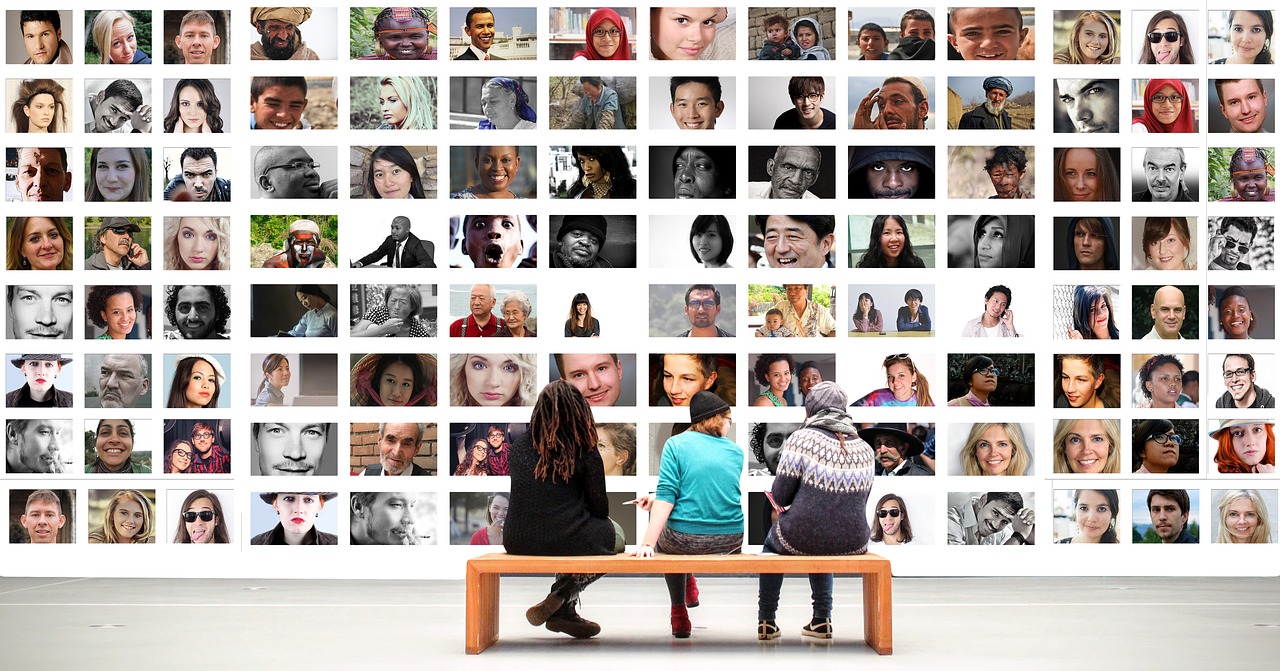This latest chart from Statista really brings home the impact that social media is having on all of our lives.
Let’s remind ourselves that China doesn’t allow Facebook, Twitter or YouTube and that WeChat, Qzone and Weibo are the biggest of their social networks.
Around 1 billion of China’s 2 billion population are daily users.
Around 2 billion of the rest of the world’s 4 billion population are daily users.
Social media has achieved over 50% market penetration for daily usage.
 You will find more statistics at Statista
You will find more statistics at Statista
Note also that all the blue bars are owned by Facebook.
Given the 2 billion + photos that are now being uploaded to the cloud every 24 hours, one might argue that social media has changed dentistry forever.
Looking back over my India photographs, I realised that every shot of a Unesco World Heritage site was a carefully constructed view of Annie and I smiling in front of it.
“Here WE are at the Taj Mahal.”
This is all very good for dental business.
Those practices who are embracing what I have learned to call “digital recommendation” into their marketing mix are discovering that this can be a significant cost saver as well as remarkably effective.
I’m working with clients who are switching off Facebook advertising and Google PPC, so that they can focus on social media engagement with their patients.
That’s because a “like”, “comment”, “check in”, “review”, “selfie” or “video” are all de facto recommendations and, of course, are shared with friends.
Consider, if you will, the difference between a Google Review and a Facebook Review, the former scanned by strangers, price-shoppers and bargain-hunters – the latter read by people who already know you.
Many clients are commenting to me that new patients refer to those Facebook Reviews as part of their consumer research.
Social media has passed through both innovation and early adoption into the late majority.
The laggards are still complaining but they always do; the 17% of UK dental practices who haven’t yet bought a computer, the team members who tell you they don’t use social media and that your patients probably don’t either, the clinicians who don’t think a healthcare professional should be asking to connect.
However, the majority of us are getting on with it and recognising that research via social media is an effective way to make our purchasing choices (oh – and check out potential new recruits as well).
There’s little point now in complaining about motor cars and missing the horse, about television and missing the radio or about social media and missing the telephone.
Everything has changed and, until somebody switches off the power, we are evolving new ways to connect and communicate.
God help us if the lights ever go out.

